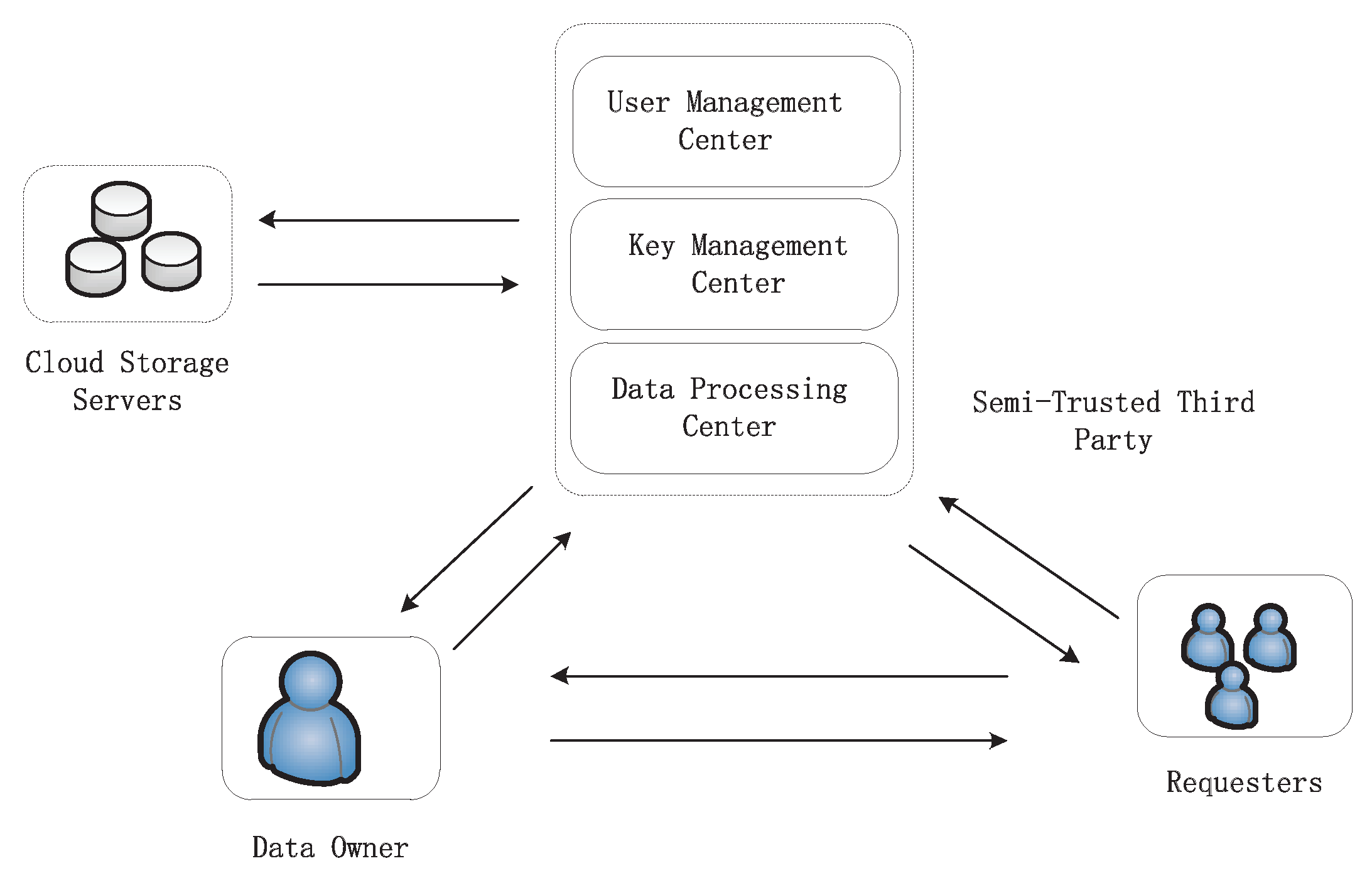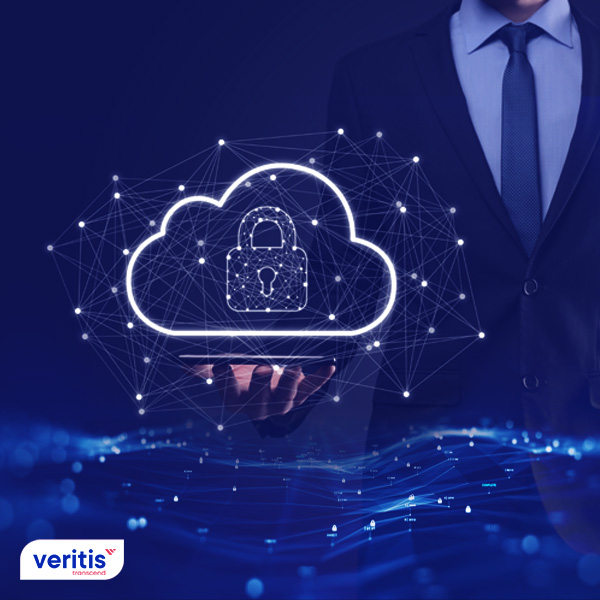5 Essential Tips for Data Security in Cloud Computing

In today's digital age, cloud computing has transformed how businesses manage, store, and process data. From startups to large enterprises, cloud services provide scalability, flexibility, and cost-effectiveness. However, alongside these benefits, there's a growing concern for data security. Protecting your data in the cloud isn't just about preventing data breaches; it's about maintaining privacy, ensuring compliance, and fostering trust among users. Here are five essential tips to help you secure your data while leveraging the power of cloud computing:
Data Encryption: The First Line of Defense
Encryption is your first defense against data breaches. It transforms readable data into an unreadable format, understandable only with the right decryption keys.
- Use encryption at rest: Data stored on cloud servers should be encrypted, rendering it useless if stolen or intercepted.
- Enable encryption in transit: Utilize protocols like TLS (Transport Layer Security) to encrypt data as it moves between your devices and the cloud.
- Implement key management: Securely manage encryption keys through specialized services or hardware security modules (HSMs).
🔒 Note: Always keep your encryption keys secure, as losing them could mean losing access to your data forever.
Identity and Access Management (IAM)
IAM ensures that only authorized users have access to your cloud data:
- Set up Multi-Factor Authentication (MFA): Add an extra layer of security by requiring multiple forms of authentication.
- Role-Based Access Control (RBAC): Assign permissions based on job roles, minimizing potential exposure.
- Regular access reviews: Continuously monitor and adjust access rights to reflect changes in user roles or company policy.
Regular Security Audits and Compliance
To stay ahead of potential vulnerabilities:
- Conduct security audits: Regularly assess your cloud infrastructure for weaknesses.
- Ensure compliance: Adhere to regulations like GDPR, HIPAA, or your industry-specific standards.
- Use third-party security audits: Benefit from external perspectives to identify what might be missed internally.
Data Backup and Recovery
Despite best efforts, security incidents can still occur. Backup and recovery strategies are vital:
- Regular backups: Implement automated, off-site backups to multiple locations.
- Test recovery plans: Regularly simulate data loss scenarios to ensure recovery procedures work as intended.
- Cloud backup solutions: Consider using cloud-specific backup tools provided by your provider for seamless integration.
Network Security Measures
Protecting your cloud data also involves safeguarding your network:
- Secure networks with firewalls and VPNs: Restrict unauthorized access and secure your data in transit.
- Network segmentation: Isolate critical data in separate network zones.
- Monitor and analyze network traffic: Use intrusion detection and prevention systems to detect anomalies.
💡 Note: Combining these network security measures with other tips can significantly enhance your overall security posture.
In summary, securing data in the cloud requires a multi-faceted approach. Encryption, identity management, audits, backup strategies, and network security are all crucial elements in maintaining data integrity, confidentiality, and availability. By following these tips, businesses can not only minimize the risk of data breaches but also build a robust framework for cloud security that evolves with technological advancements. Balancing convenience with security, we can harness the full potential of cloud computing while safeguarding our digital assets.
What is the difference between encryption at rest and encryption in transit?
+Encryption at rest protects stored data by encrypting it when it’s not being used, while encryption in transit secures data as it travels over a network.
Why is Multi-Factor Authentication (MFA) important?
+MFA adds layers of security by requiring users to provide multiple proofs of identity before gaining access, reducing the risk of unauthorized entry.
How often should security audits be conducted?
+Security audits should ideally be conducted quarterly or at least annually, with additional audits following major changes or incidents.
What is the importance of compliance in cloud security?
+Compliance ensures that cloud practices meet legal and regulatory standards, helping prevent penalties and protect data integrity.
Related Terms:
- Cloud data protection
- Principle of least privilege
- Data privacy cloud computing
- microsoft cloud data security
- data security in the cloud
- data protection in cloud services


